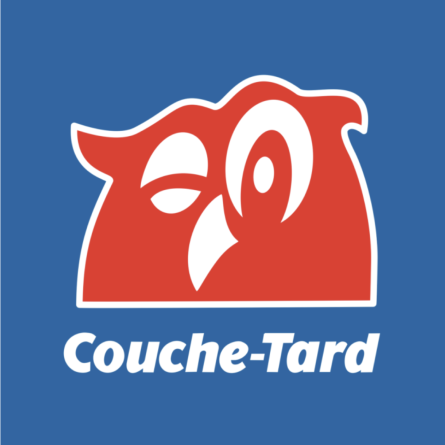Question: “On July 31, the media reported that CDPQ sold 700 million shares of Couche-Tard for portfolio rebalancing. Although an “over-the-counter” agreement exists between CDPQ and Couche-Tard for this type of so-called one-off transaction, does this strategy not go against the basic principles of investment? Don’t we say, “Let your winners run”?”
Indeed, on July 31, the Caisse de dépôt et placements du Québec (CDPQ) actually sold a block of a little more than 10.8 million shares at a price per share of $64.49, for approximately $700 million. The shares were repurchased and cancelled by Couche-Tard. CDPQ still owns approximately 41.5 million shares of Couche-Tard, or nearly 4.3% of the total.
In fact, CDPQ sold another block of Couche-Tard shares, nearly 5.48 million shares at $54.77 per share, for nearly $300 million in April 2022.
It is difficult to know why the CDPQ made this decision. Its management indicates that the decision was taken to rebalance its portfolio.
Part of the shares held by CDPQ come from its $650 million purchase in October 2017 from Metro of nearly 22.7 million shares for $28.59 per share (considering a subsequent 2-for-1 split). At the time, Metro had sold the majority of Couche-Tard shares that it had owned since 1987 to finance its acquisition of Jean Coutu.
CDPQ therefore achieved an excellent return with its 2017 investment in Couche-Tard stock – I estimate it at 16.6% on a compounded annual basis, including dividends.
After the sales in 2022 and 2023 which total $1.0 billion, CDPQ would still have an investment worth nearly $2.9 billion in Couche-Tard shares, a significant investment.
A Good Decision?
Any portfolio manager or individual investor must seek the balance between the decision to “let your winning stocks run” and adequate management of portfolio risk. The CDPQ must act as a “good father” as trustee of the pension fund of a large number of Quebecers.
Letting winning stocks like Couche-Tard run without ever selling a share would result in positions that would potentially reach an excessive percentage of Quebecers’ nest egg. On the other hand, systematically selling any security in the portfolio that has appreciated slightly would result in the sale of any winning security.
In such an exercise, there is no ideal formula. Investors must try to achieve the balance that suits them best. Clearly, an autonomous investor who manages his own portfolio can afford greater latitude than an institutional investor such as CDPQ.
At COTE 100, we must seek our own balance (we have been shareholders of Couche-Tard since 2001) between expected returns and incurred risk. In fact, even if the Couche-Tard stock is still one of the largest positions in our portfolios under management, we have sold a little over the last few years to keep the percentage invested in the stock at a level that we consider reasonable.





